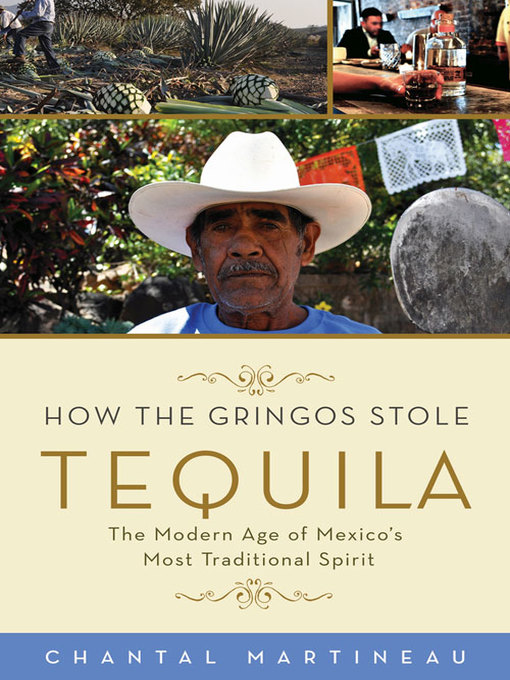Once little more than party fuel, for years tequila in the U.S. market was dominated by a crude hybrid, aptly called "mixto," but of late, it has graduated to the status of fine sipping spirit. Now growth in sales of real tequila, made from 100 percent agave, is outpacing that of the cheap stuff by some threefold. But there's more to the story of tequila than its popularity, and How the Gringos Stole Tequila traces the spirit's evolution in America from frat-house firewater to luxury good. Author Chantal Martineau immersed herself in the world of tequila over the last five years—traveling to visit distillers in Mexico, attending tastings and seminars around the United States, and meeting with tequila experts and even academics who have studied the spirit—and the result is a book that offers readers a glimpse into the social history and ongoing impact of this one-of-a-kind spirit. In addition to discussing the history and politics of Mexico's popular export, this book also takes readers on a colorful tour of the country's tequila trail as well as bringing in expert opinions and cocktail suggestions from some of New York's top mixologists.
- Available now
- New eBook additions
- Superloan eBooks
- New teen additions
- New kids additions
- Captivating Lives on eBook
- Readers for Adult Learners
- See all ebooks collections
- Available now
- Superloan eAudiobooks
- New audiobook additions
- New kids additions
- New teen additions
- Captivating Lives on Audio
- See all audiobooks collections

